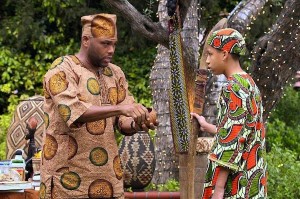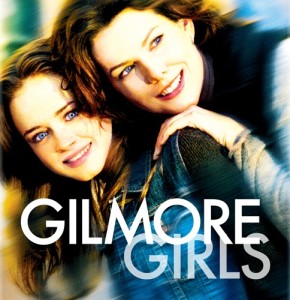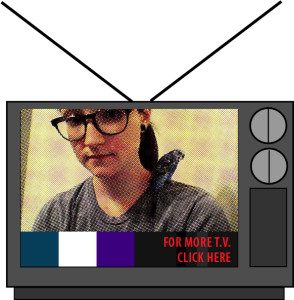black-ish, the new family comedy from ABC, tells the story of a middle class black man, Andre “Dre” Johnson (Anthony Anderson), who is concerned that his mission to give his children a better life than he had growing up has gone too far. He is quickly climbing the corporate ladder and his wife is a successful pediatric surgeon. Yet, his son tries out for the high school field hockey team, his daughter talks like a valley girl, and his young twins don’t seem to see race or know that Barack Obama is the first black president.
Where did they go wrong?
In the first episode, the show heaps on the controversy like white on Modern Family. Imagine black comedian Anthony Anderson (the show’s creator and star) walking high on a tightrope with a congenial grin, shouting out stereotypes and telling the audience to “keep it real.” That’s what the pilot felt like.
Johnson is upset that he got an affirmative action promotion, yet disparages his white co-workers and affirms the racially-biased “us versus them” mentality in his workplace. He mourns the loss of the “scary black guy advantage” when a pretty red head flips him off at the grocery store.

The commentary, while intriguing and challenging in a good way, flies by so fast that there’s no time to even process it. What do I think about that comment? Well, no time to decide. There’s a bro-mitzvah going on.
Johnson quickly realizes that “urban” (that frustrating term that white America has adopted to signify black culture) can also mean “hip, cool and colorful, just like my family.” What a turnaround! And in just 15 minutes!
And so, the real show begins. The show is at its best when it’s not dealing directly with its premise. Sure, it’s great for a visible, adventurous new sitcom to tackle tough social subjects. But when they’re all crammed together into a twenty-two-minute diatribe that threatens with one slip of the tongue to firmly pit the (white) upper class against (black) “urban folk,” it feels forced and ineffective.
If anything, the show’s pilot demonstrates the tenuous nature of race relations in modern day, middle class America. We’re not racist, right? We’re past that. There’s a black man in the White House. There are black CEOs and doctors, and Scandal is everybody’s favorite show. Racism is dead, right? Not even close.
The real opportunity for a show like black-ish lies in the fact that, by its very premise, it stands alone. Where else do we see a black family sitcom on TV these days? We had The Cosby Show, and Fresh Prince of Bel-Air, and The Parent ‘Hood, but it’s sure been a while. Do we even remember what that’s like? It’s time to re-imagine.
In its second episode, black-ish backs off the race commentary and focuses on a challenge faced by most parents: The Talk. When Johnson catches his son – ahem – “engaging in hand to gland combat,” he decides to talk to him about sex. It proves difficult for Johnson, who is deeply uncomfortable, and voila! The simple sitcom magic of misunderstanding and outlandish antics ensues. Though the show isn’t quite laugh out loud funny, I’m suddenly thoroughly enjoying myself.
black-ish will be a show for everyone. It illustrates how modern families are not only quirky, and sometimes contain gay members and alternative parenting styles, and are multi-generational; modern families are also multiracial. And they’re just like us. It’s too bad we still need to be hammering home the point that anyone is “just like us,” especially people of different races, but here we are. I hope that Anderson and his producers continue to tackle tough issues, but also keep the show relatable and light. That’s the way Cosby worked, and Murphy Brown. Before we knew it, sitcoms were changing society. In the meantime, let’s not forget the laughs.
Binge Pick of the Week: Gilmore Girls is on Netflix!

With its uniquely fast-paced dialogue (Scandal’s got nothing on it) and its colorful cast, the show ran for seven seasons from 2000-2007. It follows Lorelei Gilmore (Lauren Graham) and her daughter Rory (Alexis Bledel), through Rory’s teenage years. Lorelei ran away from her wealthy parents’ home when she became pregnant with Rory, and made her own way in fictional Stars Hollow, Connecticut. She becomes the owner of an inn, and supports Rory as both a mother and a best friend, through academic challenges, friend drama and romantic woes. Rory supports her right back. Lorelei’s best friend and partner in crime is Sookie St. James, played by a spectacular and as-yet-unknown Melissa McCarthy.
Whether you’re looking for laughs, sharp wit, or a tear-jerker, you’ll find it somewhere in Gilmore Girls.
Total binge time: 4 days, 18 hours, 45 minutes
Where to watch: Netflix
Sarah Hope is a graduate student at Syracuse University, where she focuses on television, entertainment history and classical music. Find her on Twitter @sarahmusing.




